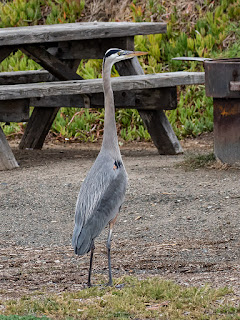Below are some miscellaneous images from our recent visit to Death Valley.
In the past couple of years, the Furnace Creek Inn and the associated Ranch underwent major renovation and are now called the Oasis at Death Valley. At the Ranch, they have installed a nice collection of historic relics at the Borax Museum.
Stage coaches
A water powered arrastre for grinding up gold ore
The famous 20 Mule Team Borax wagons used to haul borax out of Death Valley for processing
This old steam engine called "Old Dinah" was purchased in 1894 to replace the 20 mule teams used to pull the borax wagons, but proved less efficient than the mule teams. In 1910 it was sold to ferry supplies from Beatty to the Keene Wonder Mine. After breaking down a couple of years later, it was abandoned and then rescued in 1932 and brought to the Ranch at Furnace Creek.
Eventually, the construction of the narrow gauge Death Valley Railroad ended the need for the mule drawn wagons.
The view of Death Valley from Dante's View in the Black Mountains
Looking down at the Badwater salt pan
The image has a magnified inset to show the scale of people in the view.
Looking north toward the Furnace Creek area
As the pan is moistened and then dries out, salt crystals precipitate in cracks reaching the surface. This repeating cycle causes pressure ridges to form creating the polygonal forms that are common in Death Valley.
In some places salt has crystallized in interesting forms.
Where the salt is mixed with a lot of mud, the landscape forms a very rough landscape.
One view of the colorful formations along Artist Drive
The Salt Creek Pupfish survive in a very restricted section of remaining open water during the dry time of the year.





























































